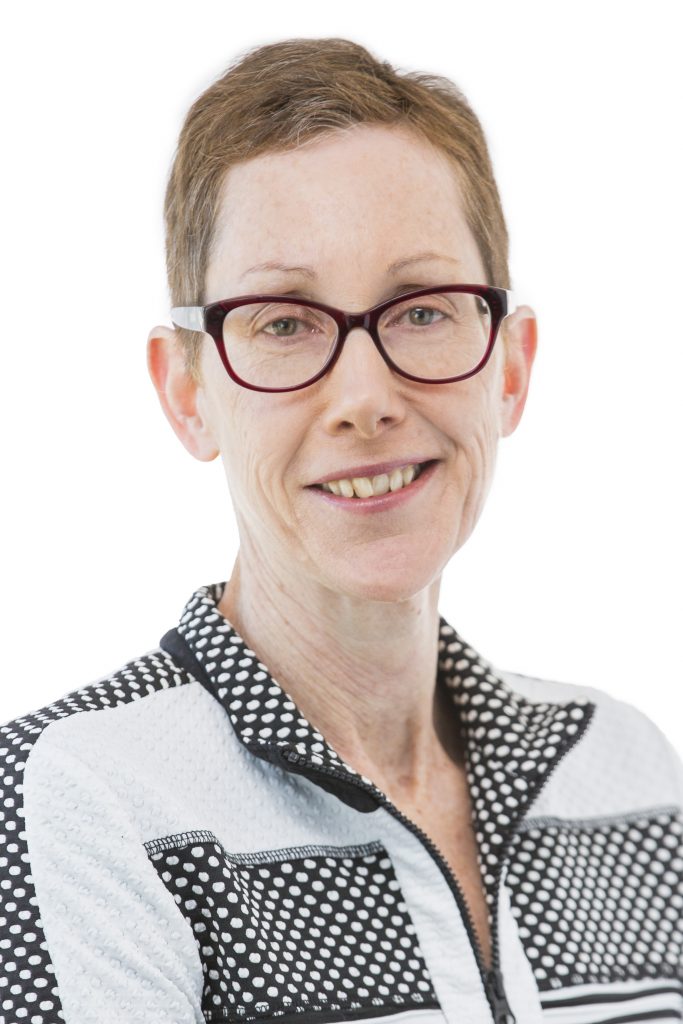 By Chris Kane, Executive General Manager Strategy and Engagement
By Chris Kane, Executive General Manager Strategy and Engagement
Health equity is not the same as health equality. It’s the notion that everyone should have access to the health care they need regardless of their income, postcode or ethnicity. It recognises that everyone has different needs and may require different resources and opportunities to reach their optimal health.
With the rising cost of living, health equity continues to pose a challenge. We’re seeing issues with deferred care or people not accessing care at all if they can’t afford it, many of whom have complex health care needs and chronic health conditions.
In Western Australia there are several population groups at greater risk of poorer health outcomes, including Aboriginal people, multicultural communities, LGBTIQA+ communities, people experiencing socioeconomic disadvantage, and those with limited access to health care.
While not every person in every group has the same experience, some groups as a whole are more likely to experience inequities in health and wellbeing due to social determinants including place-based disadvantage, stigma, discrimination and the unequal distribution of resources. Evidence also shows that, in general, the lower an individual’s socioeconomic position the worse their health. Health equity can only be achieved through addressing this wide range of interconnected issues.
WA Primary Health Alliance has always approached the work we do with an access and equity lens, however over the next few years, we will be focusing on these far more explicitly and refining our priorities to ensure alignment.
As a commissioning body, achieving health equity means more than just funding health services. It’s about ensuring the services we commission reach the right people and are delivered in a way that meets their needs and comes closer to matching their aspirations.
The challenge is balancing an equity lens with what we can commission and where. We can’t simply replicate a service across WA. There are finite resources, and it is not necessarily about more, but better integration and connection.
GPs are often the gateway to other health care services. Bridging the gap between general practices and primary health care services will result in more people from priority populations accessing services in their local communities. We are working closely with GPs to raise awareness of services we commission and encourage referrals into them.
Health service providers also have a role to play in managing health inequities through understanding the needs of the population they serve, how the people within that population can access their services and what they can do to ensure their services are provided in a way that is culturally responsive to an individual’s needs.
We are working with our commissioned service providers, general practices and other primary health care services to improve their provision of equitable, accessible, integrated and culturally responsive services.
We know we can’t be all things to all people. Our focus is on what we can do within our remit of primary health care so we are reaching those people who are at greater risk of poor health outcomes. We have an opportunity to make a meaningful difference to the health and wellbeing of Western Australians, and it all starts with our eyes being firmly on the North Star of health equity.
